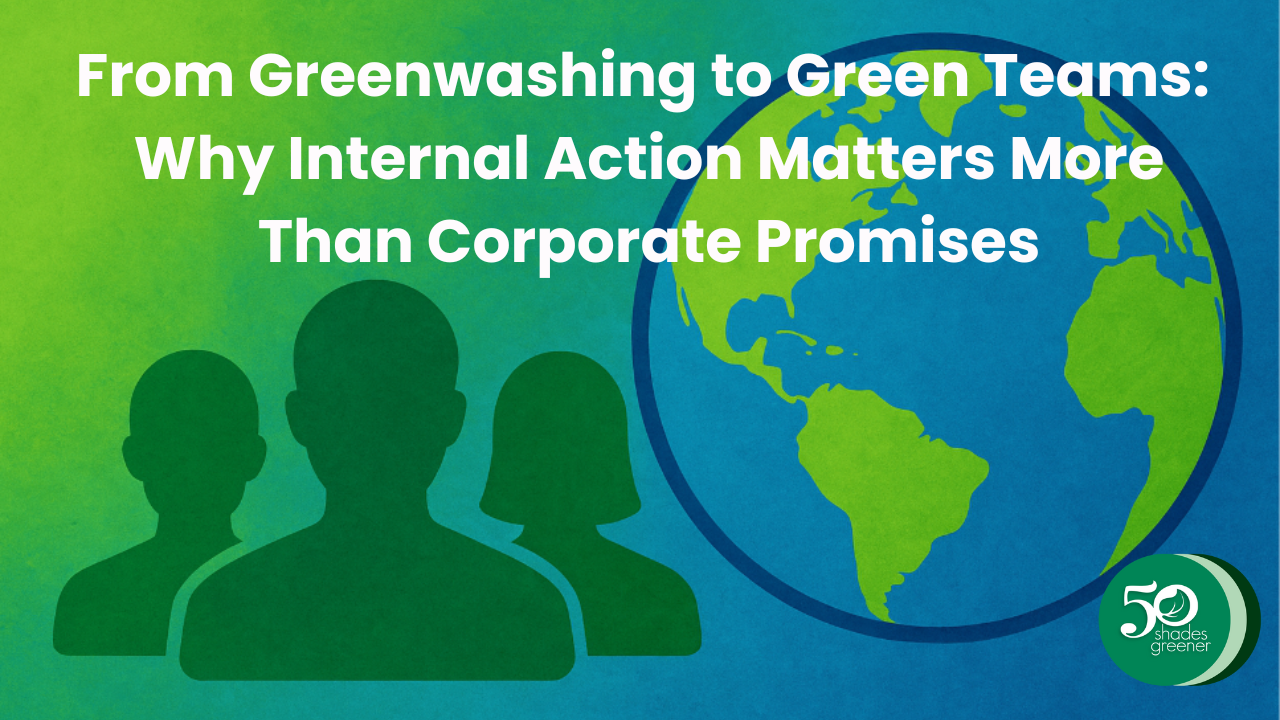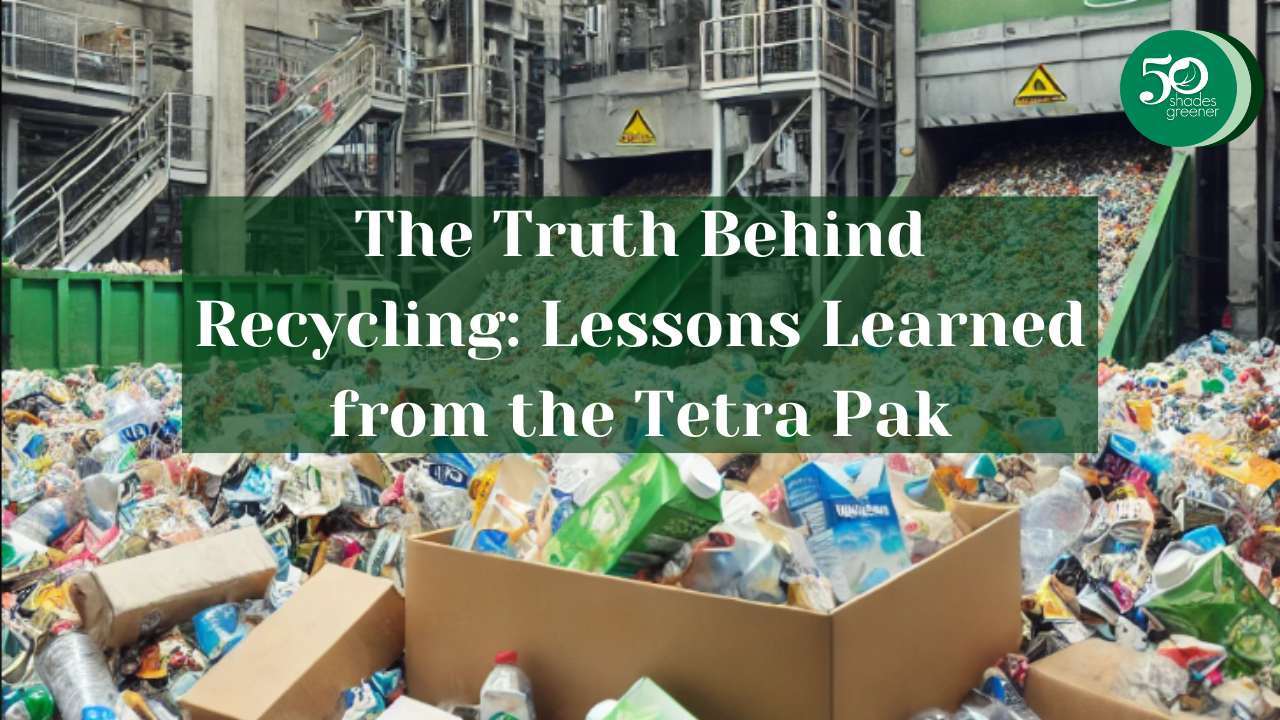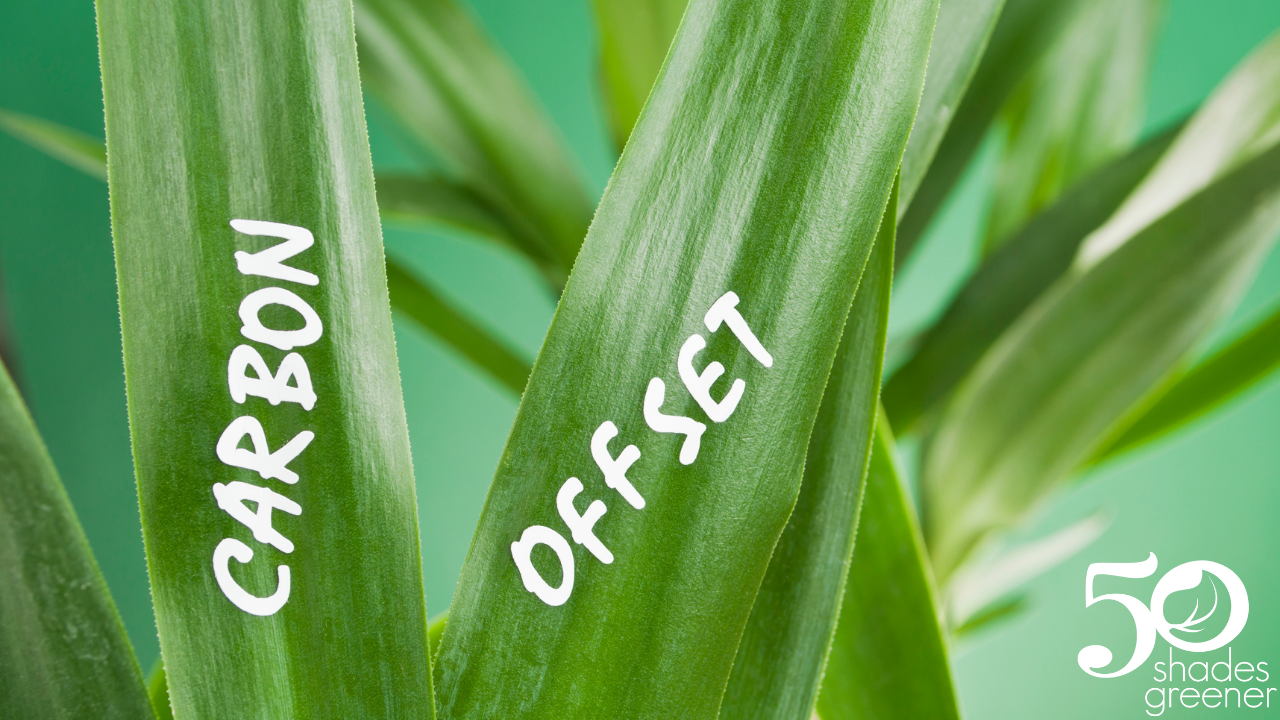TL;DR:
Sustainability in travel should be more than a badge. Despite global initiatives like Travalyst and sustainability filters on Booking.com, many credible certifiers and truly sustainable accommodations are being left out. The result? A system that rewards surface-level compliance while sid...
TL;DR
Big companies are backing away from corporate climate targets
Employee-led Green Teams keep sustainability efforts on track
Green Teams reduce waste, energy use, and operational costs
Learn how to start and lead a successful sustainability team
Real examples show mea
...
TL;DR: Recycling Isn’t the Hero We Thought It Was
Recycling has been marketed as the silver bullet for sustainability, but it’s often a distraction from the real issues: overproduction, corporate irresponsibility, and lack of proper infrastructure.
Companies like Tetra Pak, Coca-Cola, an
...
The way you communicate your green initiatives to your customers and stakeholders plays a huge part on spreading sustainability, and more importantly, in creating real impact and change of mindsets.
Take, for instance, my recent stay at a 4-star hotel. In the bathroom they had a little card telling...
The other day, I encountered an advertisement for Mout Cider on television. The add simply highlighted three compelling aspects: a fully recyclable glass bottle, the cider’s vegan status, and the company’s partnership with World Wildlife Fund that protects endangered species. While lounging at home,...
Many of our hospitality clients have asked what the best carbon offsetting projects are in Ireland, particularly as these businesses strive to become carbon neutral. In a previous Opinion Piece, I have highlighted how I find carbon offsetting problematic: Carbon Offsetting - who can I trust? (fifty...
Prenote: I am not saying Recycling is a bad thing, but our current main stream systems of recycling have failed us.







